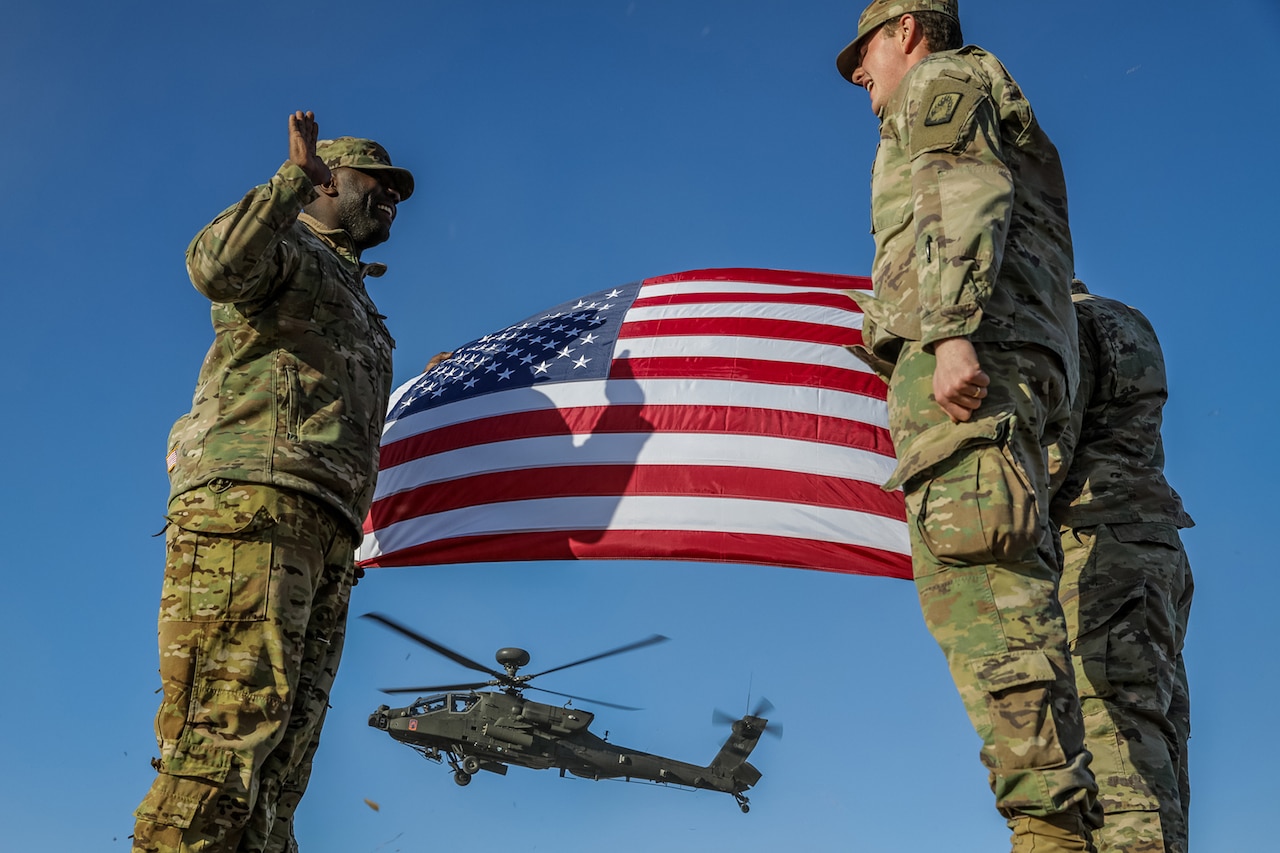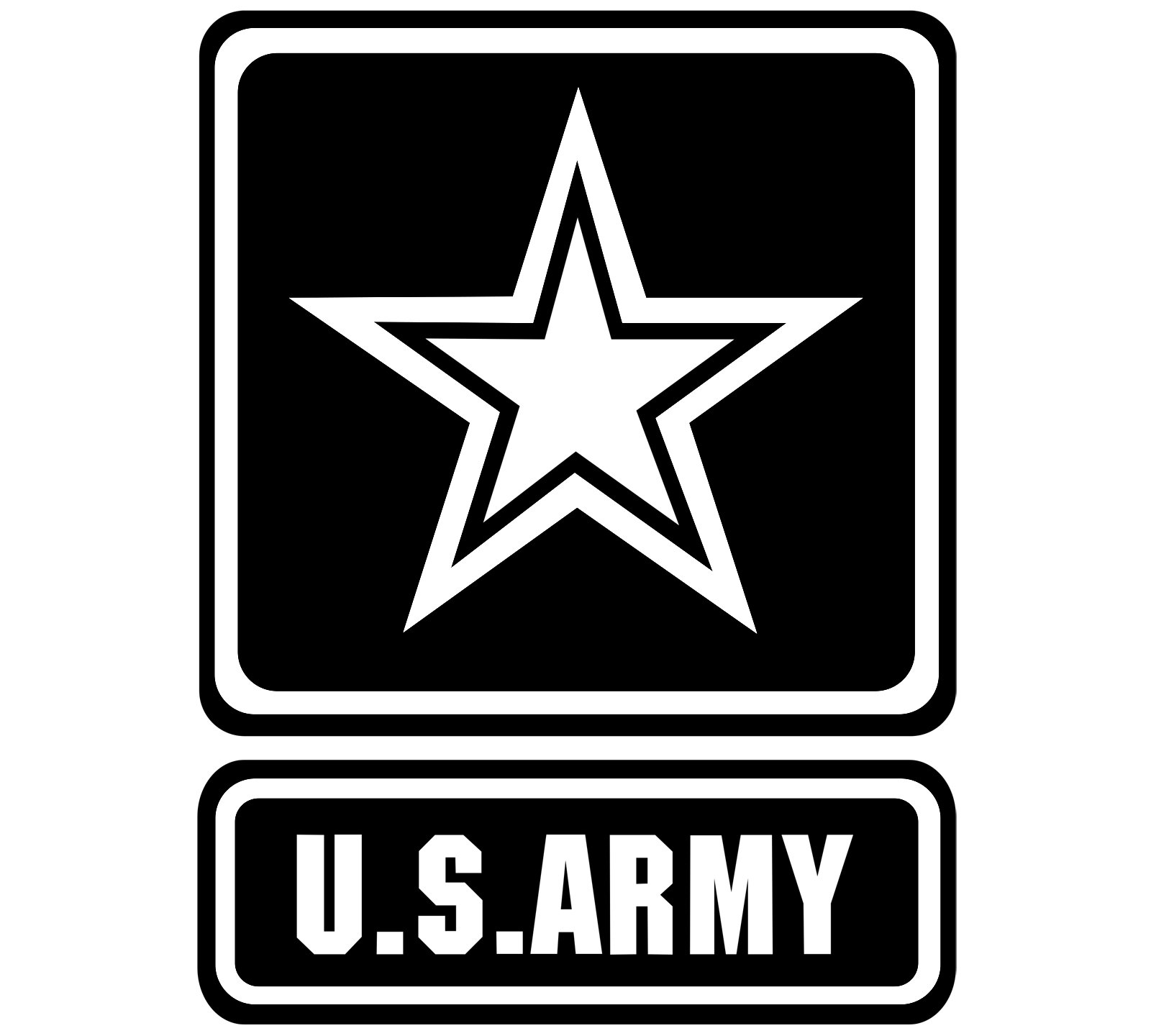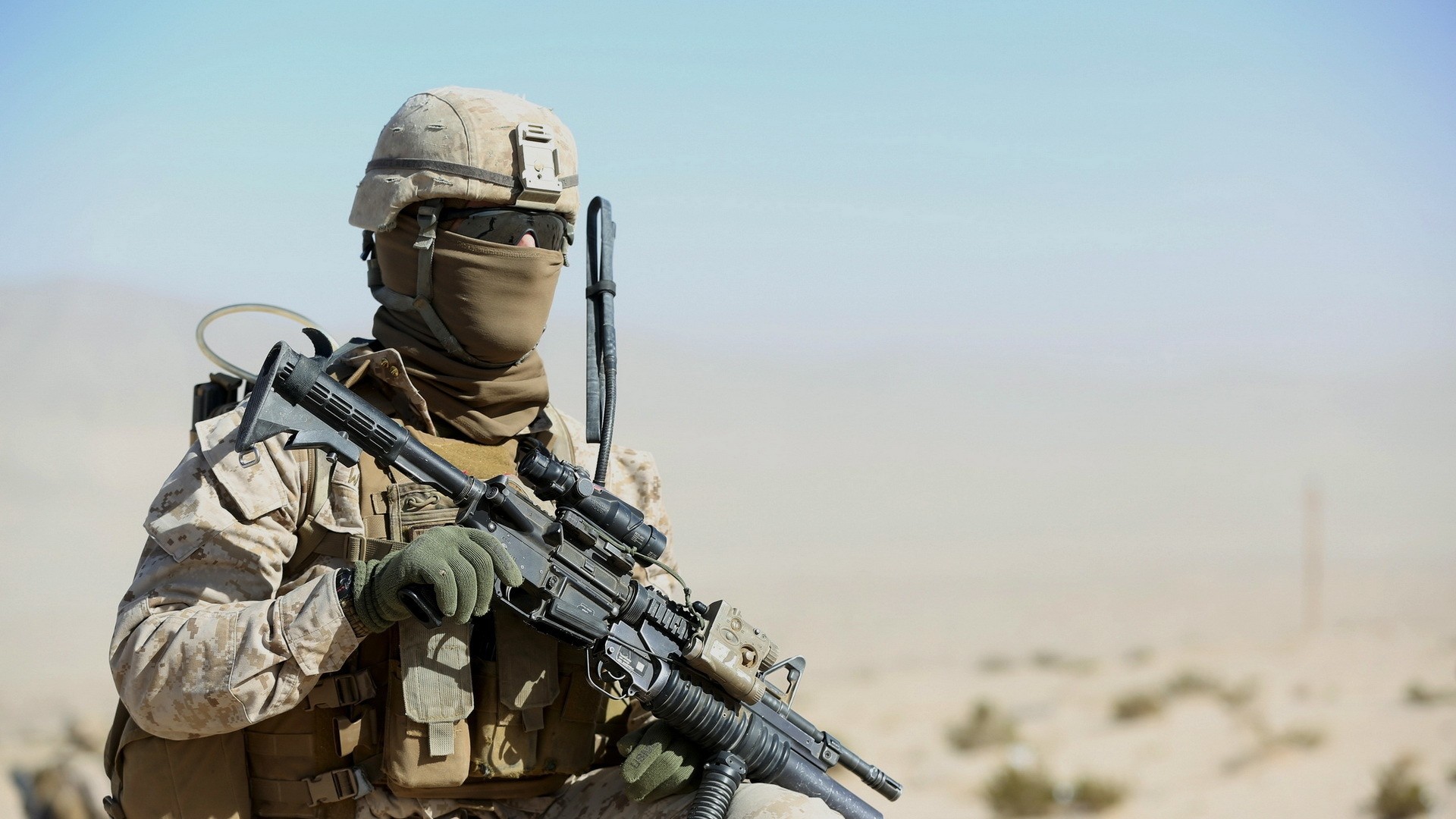Is The Military A Cult - Examining Group Bonds And Service
Humanized Version
Sometimes, people wonder about the military, and whether it is a cult, because they see it as a place that is somewhat separate from everyday life. It can seem like individuals lose a little bit of their personal identity there, so it's almost like they become part of something much bigger. This feeling comes from how service members truly come together, creating a close-knit group where they often trust each other more than even their own family members or childhood pals.
You know, it's pretty common for folks to look at this kind of intense bonding and think about a cult, but that is just the way things are for anyone who serves. The military builds very strong connections, and that closeness is a big part of what it means to be a service member. It's a unique sort of belonging, one that shapes how people interact and rely on each other, and you might say it forms a world all its own, in some respects.
We're going to explore this idea a little more, looking at why some people might draw these comparisons and then seeing how the military is quite different from what a cult truly is. We'll talk about how military life works, the kind of rules it has, and what it means for the people who are a part of it, to be honest.
- Niki Taylor Matt Martinez
- Pics Of The Riots
- Young John Lennon Photos
- Big Ed Transformation
- Jon Benet Autopsy Photos
Table of Contents
- What Makes People Wonder- Is the Military a Cult?
- Defining What a Cult Really Means
- How Does the Military Handle Faith and Outside Groups?
- Personal Stories and Real Experiences- Is the Military a Cult?
- A Look Back- Historical Cults and Military Service
What Makes People Wonder- Is the Military a Cult?
Some people really do see the military as something apart from regular society. They think it takes away a person's individual qualities, making everyone seem a bit more uniform. This happens, they feel, because the military community creates a very close group, where members can trust one another more than even their own childhood friends or blood relatives. So, when you look at it that way, it's easy to see why some folks might think of it as a cult, but that is just the way every service member naturally is, in a way.
Strong Bonds and a Shared Path - Is the Military a Cult?
When you first look at the military and cults, they might seem to have some things in common. There's a very strong sense of togetherness among the people, a clear chain of command, intense teaching of what to do and how to act, and a call for complete dedication. However, when you dig a little deeper, they are really quite different. Their main aims, the ways they decide what is right and wrong, and how they affect people are drastically unalike. A cult, for example, is usually defined as a system where people show great respect for a particular person or thing, or it can mean having too much admiration for someone or something, you know.
Looking at the Rules- How is the Military Different from a Cult?
One very important difference is how things are kept secret or shared. If a cult has any official records, they are typically kept private, hidden from its members, and not passed around. But in the military, things are quite different. For instance, the Marine Corps has special procedures from its Inspector General that protect each Marine. There's also a clear legal system set up within the Marine Corps itself. This means there are rules and ways for people to be treated fairly, which is a pretty big deal, actually.
- How To Get Manly Hands
- Dustin Johnston
- Vitaly Knockout
- Marie Osmond Plastic
- Who Is Running For Florida Governor 2026
Defining What a Cult Really Means
To really get a grip on this, we should think about what a cult is. One way to put it is that a cult is a group or a movement that shows a very strong or too much dedication to some person, an idea, or even a thing. And, importantly, it often uses unfair ways to convince people and keep them under control. This might involve tricking people or using pressure tactics. This definition really helps us see the key differences when we look at how the military operates, you know.
Cults and Their Hidden Ways - Is the Military a Cult?
Consider the contrast: cult records, if they even exist, are kept secret, hidden from members, and not shared openly. This secrecy is a big part of how cults work. On the other hand, the military has clear systems in place. For example, the U.S. Marine Corps has Inspector General procedures that look out for each Marine. There's also a proper legal system provided within the Marine Corps. These systems are there to protect individuals and ensure a degree of fairness and transparency, which is something you typically wouldn't find in a cult, is that right?
How Does the Military Handle Faith and Outside Groups?
It's interesting to think about how the military handles religion. The military has, in a way, taken on religious practices and brought them into its structure. Even though the military tries hard to make room for service members from all different faiths, there are times when things can get complicated. This openness to various beliefs is a significant point of difference from many cults, which usually demand a single, very specific belief system, you see.
External Groups and the Military - Is the Military a Cult?
Sometimes, actual cults target military members. For example, the FBI, working with local police, recently raided several churches near army bases. These churches were linked to a group that some critics say acts like a cult, taking money and benefits from service members. This shows that the military itself is not the cult, but its members can sometimes be targets for other groups that truly are cults. So, it's a bit like saying a school isn't a gang, even if some students might join one outside of school hours, basically.
There's a concept that some people call the "cult of military service," which has really grown with the volunteer army. For some, this idea means that public figures, like politicians, might use their military background to gain support, perhaps even aiming for high office. But for others, this "cult of service" can lead to a very difficult path, even a tragic one. It just goes to show that how people view and experience military service can be very, very different, you know.
Personal Stories and Real Experiences- Is the Military a Cult?
People who have been in the military often share their own stories, which can really help us understand this better. For example, Daniella, who grew up in the Children of God cult, and Mike, who was in Scientology, have talked about their experiences. Together, they discuss ways that the military, where they both served for many years, compares to their past cult experiences. Their conversations help to redefine what a cult is, especially when thinking about groups that are not traditionally Christian cults. They even talk about how experiences with cult-like elements might be different based on a person's gender, which is pretty insightful.
My own experience, having served in the U.S. military as a communications computer systems operator (AFSC 3C0X1), also offers a perspective. I have been to military training, and I can tell you there was no mind control or brainwashing at all. It was about learning skills and working together, not about losing your own thoughts. This personal account, along with others, really helps to show that the training is about building capability, not about taking away a person's free will, you know.
Beyond Basic Training- Is the Military a Cult's Isolation Real?
Many people think military members are cut off from the rest of society, but that is mostly true only during basic training. After that initial period, service members are not isolated from the rest of society. In fact, sometimes military members get to interact with people outside of the military as part of their regular duties. This means they are often part of the wider community, not completely separate from it. This interaction is a pretty big difference from how cults typically operate, where isolation is a key tool for control, you see.
There's also a thought about whether technology plays a part in what some call the "US digital cult of offensive." This is a particularly interesting idea to explore because information technologies can be a bit unpredictable. These technologies are used widely across military operations, but they had not been used much in actual battles when this idea came up. So, it raises questions about how modern tools might shape group thinking, but it's a different kind of "cult" altogether, more about a way of thinking about digital attacks than a traditional cult, you know.
A Look Back- Historical Cults and Military Service
It's worth remembering that the word "cult" has had different meanings throughout history. For instance, in ancient times, like the early Severan era, the military would also offer "cult" to figures like the imperial divi, which meant showing special religious respect to the current emperor's spirit and family. There were also shrines to Mithras that were very common among soldiers later on, but these were not part of the official state religion until Mithras was included in sun worship. This historical usage shows that "cult" once simply meant a system of religious veneration, which is very different from the modern idea of a manipulative group, in some respects.
The "Cult of Service" - Is the Military a Cult in a New Way?
The phrase "cult of military service" has really taken root in the time of the volunteer army. For some, it means that politicians might use their military background to gain public favor, perhaps even aiming for high office. But for others, this very same "cult of military service" can lead to a path of hardship, or even worse. It just goes to show how deeply personal and varied the impact of military life can be on individuals, and it's certainly not a simple thing to define, you know.
This idea of a "cult of military service" isn't about the military being a cult in the manipulative sense. Instead, it refers to a strong societal admiration or almost reverence for military service itself, which can have both positive and negative consequences for individuals and for the wider community. It's more about how society views and values military service, rather than the internal workings of the military as a group, to be honest.
- Brandarmy Com
- Mid Century Modern Magazine Rack
- Lit To Mia
- Nate Bargatze Sitcom
- Luke Newton Jimmy Fallon

All-Volunteer Force Proves Successful for U.S. Military > U.S

U.S. Army Logo, U.S. Army Symbol, Meaning, History and Evolution

Military Wallpapers HD 1920x1080 (63+ images)